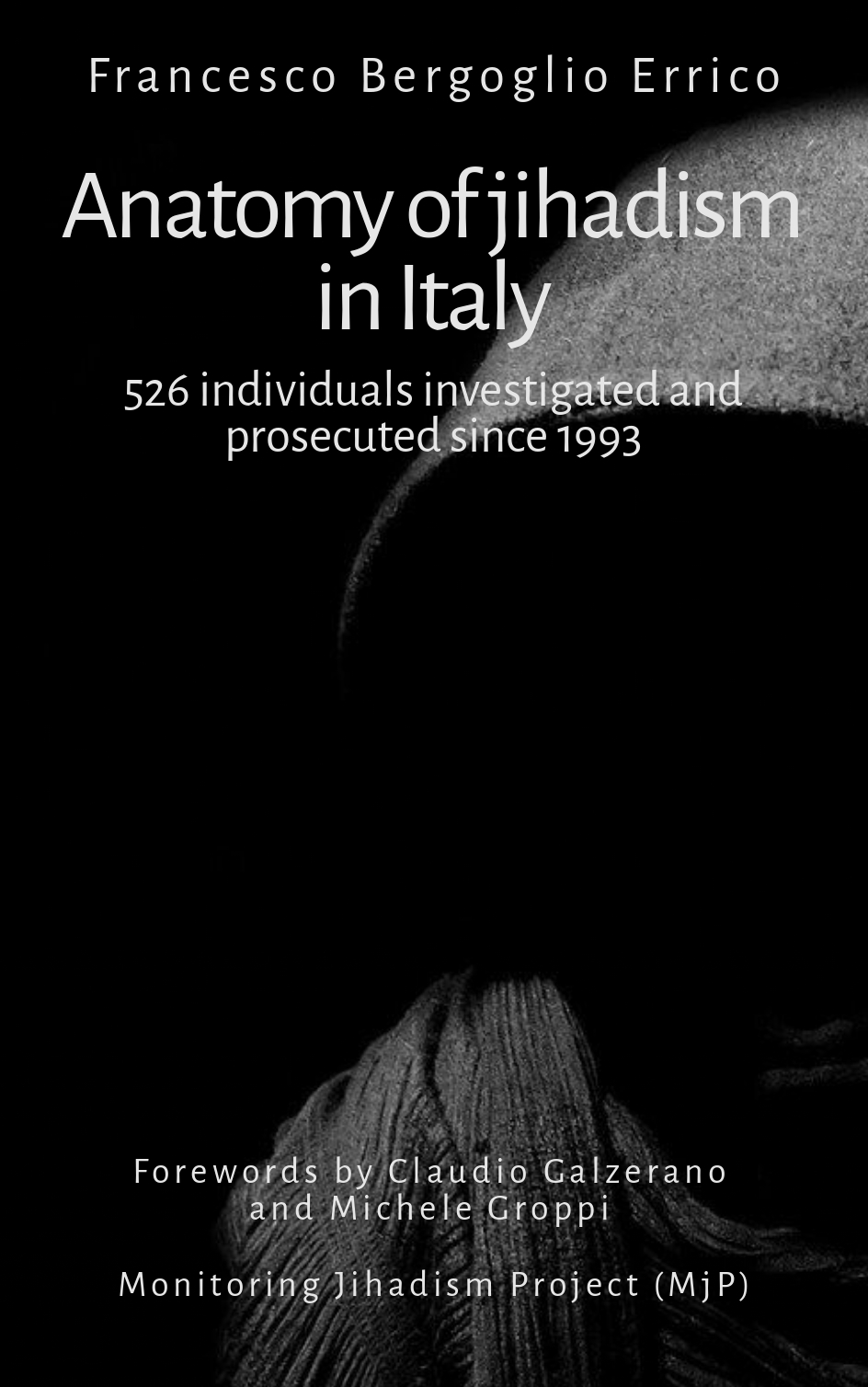Romdhane Ben Chedli Khaireddine
Romdhane Ben Chedli Khaireddine, also known as Ramadan, was born in Tunisia on July 12, 1981, but was living as a homeless man in Italy, usually in Milan. He came under the scrutiny of the Carabinieri’s “Operation Masrah” beginning in early 2008, as he was suspected of being associated with a cell affiliated with al-Qaeda in Andria, led by the Imam Hassen Hachemi Ben Hosni.
According to the judicial documents, the cell was a gathering of people united by the same mindset and religious ideology, often expressing their readiness and willingness to reach conflict zones and do martyrdom. The Islamic Center and Hosni’s call center served as hubs for ideological indoctrination, utilising web searches and the analysis of militaristic and terrorist materials. Alongside Azam, the other members in the group identified by the police were Nabil Azam, Elkhaldey Faez, Nour Ifaoui, and Hamdi Chamari.
In various phone conversations, Khaireddine expressed his willingness to die as a mujahideen, as testified by a conversation with Azam in November 2009. Moreover, his radical view of religion was implied in several conversations amongst the other defendants.
Khaireddine was especially closed with the Imam Hosni. In November 2008, Hosni revealed his plan to expand the Andria mosque by buying the adjacent spaces and asked Khaireddine to help him raise money through his influence within the Muslim community of Milan. Khaireddine agreed to do so. Court documents also reveal that Khaireddine was about to become the bookkeeper of the Viale Jenner mosque in Milan and asked Hosni to put in a good word with the mosque’s Imam, Abu Imad. Khaireddine and Hosni also shared a common friend, the convicted terrorist Mohamed Ben Ali. They often talked about him over the phone, but the Imam warned the defendant to be careful when mentioning him because he was aware that Ben Ali was a person of interest to the police.
Hosni’s call center and Islamic Centre served as safe havens for Khaireddine and the other homeless defendants, who were often hosted in the mosque. Video and data surveillance indicate that from February 2009 to April 2009, Khaireddine frequented the center extensively. There, he engaged – alone or with other members – in activities such as watching and downloading propagandist videos on jihad, military training, and religious indoctrination. In particular, amongst the material accessed, there were videos about mujaheddin involved in guerrilla acts in Chechnya and Afghanistan; a video about a terrorist attack involving an explosion; videos about Bin Landen’s speeches criticising the United States; videos about al-Zarqawi, Mohammed Hassan and nasheeds about mujaheddin training or praising jihad; jihadist websites; videos about al-Shabaab’s training camps, and about the Israeli-Palestinian conflict. Therefore, in Khaireddine’s radicalisation process, sessions of consulting jihadist materials online were crucial, as are other factors of social unease, such as the need to find a common identity to alleviate this unease. This need was represented by both the call center and the Islamic Centre, seen as gathering places for like-minded individuals.
Court records also reveal that Khaireddine had been reported to the police for violence, clandestine immigration, and arms possession. In particular, he had been accused by Salem Salam Ben Belgacem of assaulting him, allegedly because he used to go to the mosque only three times a week.
On February 6, 2013, the preliminary investigation judge of Bari ordered pre-trial detention for Khaireddine due to his possession of fake documents and his connections in his home country, rendering him a potential fugitive. He was charged under art. 270 bis of the Italian Criminal Code for involvement in a terrorist network in Andria, engaging in proselytism through propagandistic videos, audios, and documents. Khaireddine was arrested on April 30, 2013.
On September 24, 2014, the Tribunal of Bari sentenced Khaireddine to 3 years and 4 months in prison, taking into account his lack of prior charges, despite his failure to demonstrate any remorse for his actions.
On October 27, 2015, the Appeal Court confirmed the sentence. The judge confirmed the existence of an organised, albeit rudimentary, cell with clear criminal intent. Its members were engaged in recruiting and radicalising individuals for jihad, united by shared religious beliefs. Nevertheless, the judge noted that none of the group members had carried out their intended terrorist actions, thus preventing the realisation of their terroristic aims.
On July 14, 2016, the Court of Cassation overturned Khaireddine’s conviction because no crime was committed according to art. 270 bis. The judge determined that the indoctrination intended to incite individuals to engage in jihad did not amount to a terrorist act since no such actions were carried out; none of the individuals involved actually traveled to the conflict zones. Additionally, the judge acknowledged the group’s limited capabilities, stating that there was no evidence indicating their concrete ability to execute their plans or pose a threat to Italy.
In August 2016, Khaireddine was expelled from Italy.


